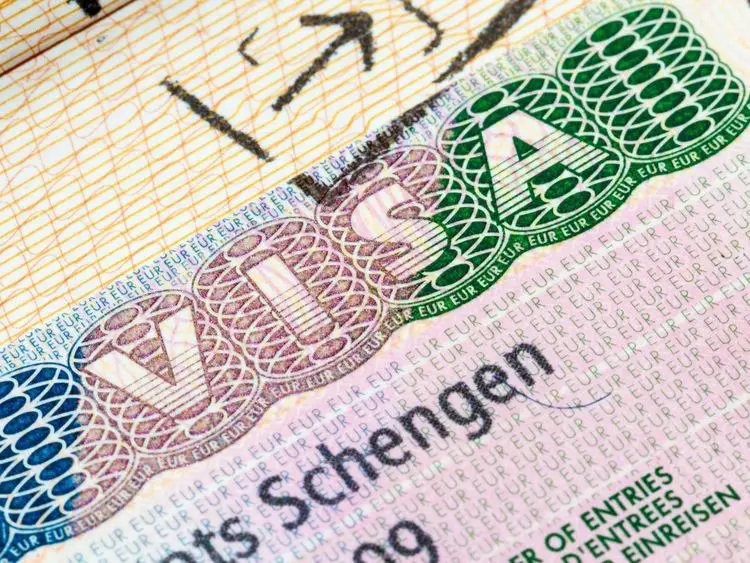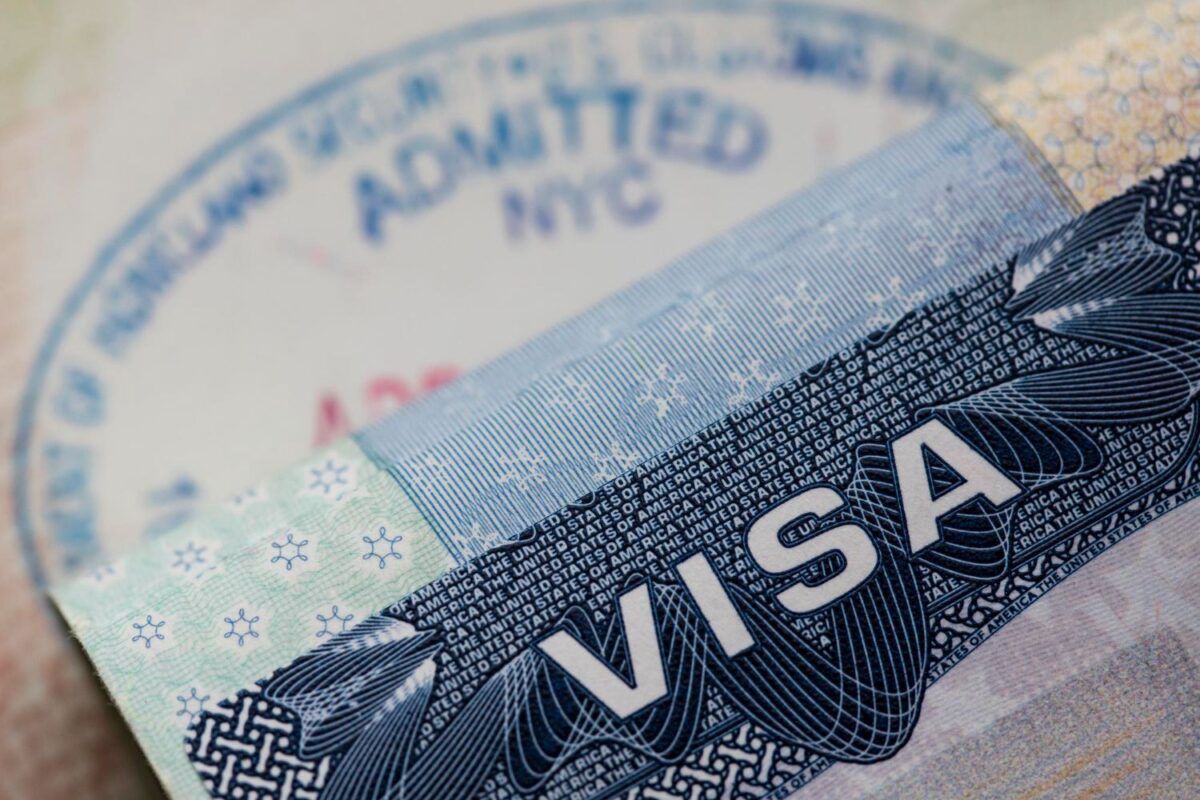The Harvard Business Review described digital nomadism as a lifestyle where one leverages remote work to travel and live in varying, often affordable and scenic locations around the world and that it has been steadily on the rise, attracting not only tech-savvy workers, but everyone from families with children to retirees.
In one survey, over 17 million American workers identified as digital nomads, an increase of 131% from 2019, and they included workers from a wide array of professions. This rise has also been fueled by the ease of obtaining digital nomad visas in many countries, post-pandemic.
The Japanese government has announced plans to enable digital nomads to stay longer in the country under a new visa system in order to boost economic growth and consumption. Foreign digital nomads will be able to reside in Japan for up to six months, a rise from the current 90 days allowed under the short-term tourist visa, according to the Immigration Services Agency.
Candidates for the via will be expected to have an annual income of more than 10 million yen (about USD $68,300). They must be from a country that has signed a tax treaty with Japan or holds visa-exempt status in Japan. This list of 49 countries and territories includes the USA, UK, Australia, the Netherlands, Singapore and South Korea among others.
The Japanese government is opening the plan to public in February 2024. Reports in local media say Japan is aiming to launch the visa by the end of March or early April 2024.
Once approved, applicants can live and work remotely in Japan for six months, compared to the current 90-day duration of visa-free short-term stays. Digital nomads are also allowed to bring their spouses and children along. Visa holders would be expected to hold private health insurance. They would not be allowed to participate in Japan’s national health care system.
However, digital nomad visa holders will not be considered residents. That means they will not have a residency certificate, which means they will not be able to rent any sort of long-term residence such as an apartment or a house. Those working as sole proprietors or individual contractors would need to provide proof of a contract with a public or private organisation abroad.
The rules and duration of stay under the digital nomad visa scheme vary from country to country. For instance, Taiwan allows digital nomads to stay for three years, and South Korea permits a stay of two years. Malaysia, Indonesia and Thailand have also launched digital nomad visa schemes.










